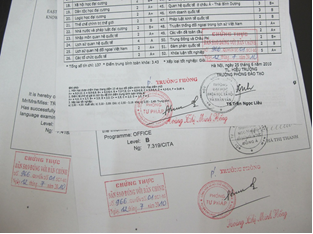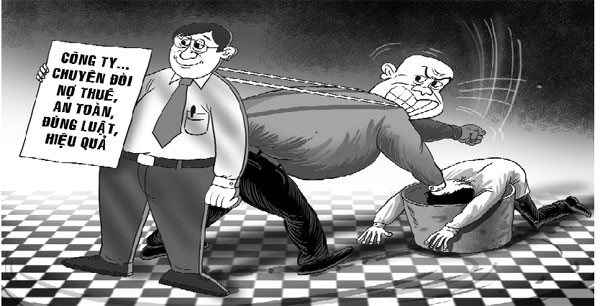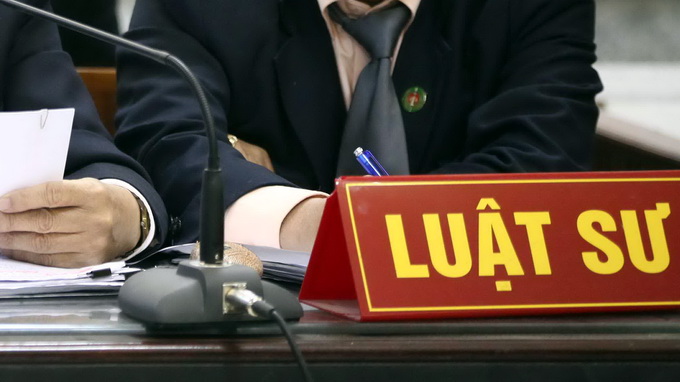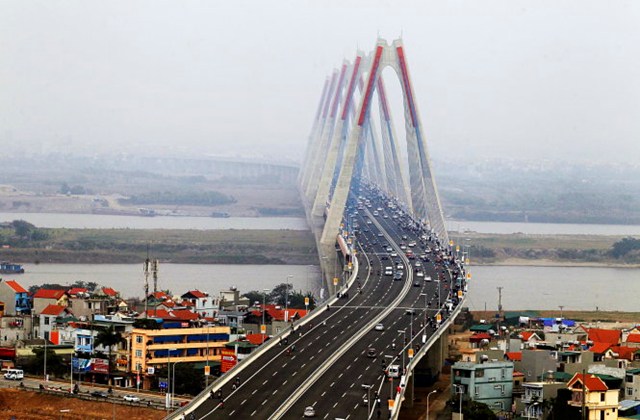On November 15, 2010, during the 8th session of the 12th National Assembly, the 2010 Law on Inspection was passed, which came into effect on July 1, 2011, replacing the 2004 Law on Inspection. One of the notable new points of the 2010 Law on Inspection is the enhancement of the legal status of inspection agencies and the definition of the relative independence of inspection agencies in relation to state administrative authorities at the same level. The law clearly stipulates that inspection agencies have the authority to proactively conduct inspections according to the approved inspection plan; in cases where signs of legal violations are detected, the Head of the inspection agency has the authority to decide on the inspection and is responsible for their decision.
Alongside that, the Law on Inspection 2010 also stipulates that the Head of the Inspection Agency has the authority to propose or request competent state agencies to conduct inspections within the management scope of their agency or unit when signs of law violations are detected. If these entities do not agree, the Head of the Inspection Agency has the right to issue an inspection decision for that case. The Law on Inspection 2010 also stipulates that the Head of the Inspection Agency has the authority to decide to re-inspect cases that have been concluded by competent state agencies if signs of law violations are detected.

Illustration (source: internet)
The Law on Inspection 2004 does not have specific regulations on specialized inspection forces. In reality, the emergence of too many specialized inspection organizations led to duplication and overlap in inspection work. The Law on Inspection 2010 clearly stipulates that “Agencies assigned to perform specialized inspection functions are agencies that perform state management tasks by sector or field, including the General Department, Department under the Ministry, and Division under the Department assigned to perform specialized inspection functions. Agencies assigned to perform specialized inspection functions do not establish independent inspection agencies. The assignment of specialized inspection functions to agencies performing state management tasks by sector or field is stipulated by the Government of Vietnam, at the request of the Chief Inspector of the Government of Vietnam following agreement with the Minister. When conducting inspections, persons assigned to perform specialized inspection tasks are allowed to impose administrative penalties and perform some other tasks and powers as per the law’s provisions.”
Considering the publication of draft inspection conclusions to the inspected entities is also a noteworthy new point and will be specifically regulated in the guiding documents for implementing the Law on Inspection 2010. Specifically: in necessary cases, the person making the inspection decision can send the draft conclusion to the inspected entity to explain issues that are not agreed upon. With this spirit, knowing the content of the draft conclusion is not an inherent right of the inspected entity. The person making the inspection decision has the discretion to consider whether it is necessary to send the draft conclusion to the inspected entity to know the content or not. Related to handling the post-inspection conclusions, the Law on Inspection 2010 regulates the seizure and freezing of assets to ensure the enforcement of inspection decisions. This was not included in the Law on Inspection 2004.
Source: P.V - Bau Xay Dung Newspaper
 Article table of contents
Article table of contents





.Medium.png)
.Medium.png)
.Medium.png)
.Medium.png)
